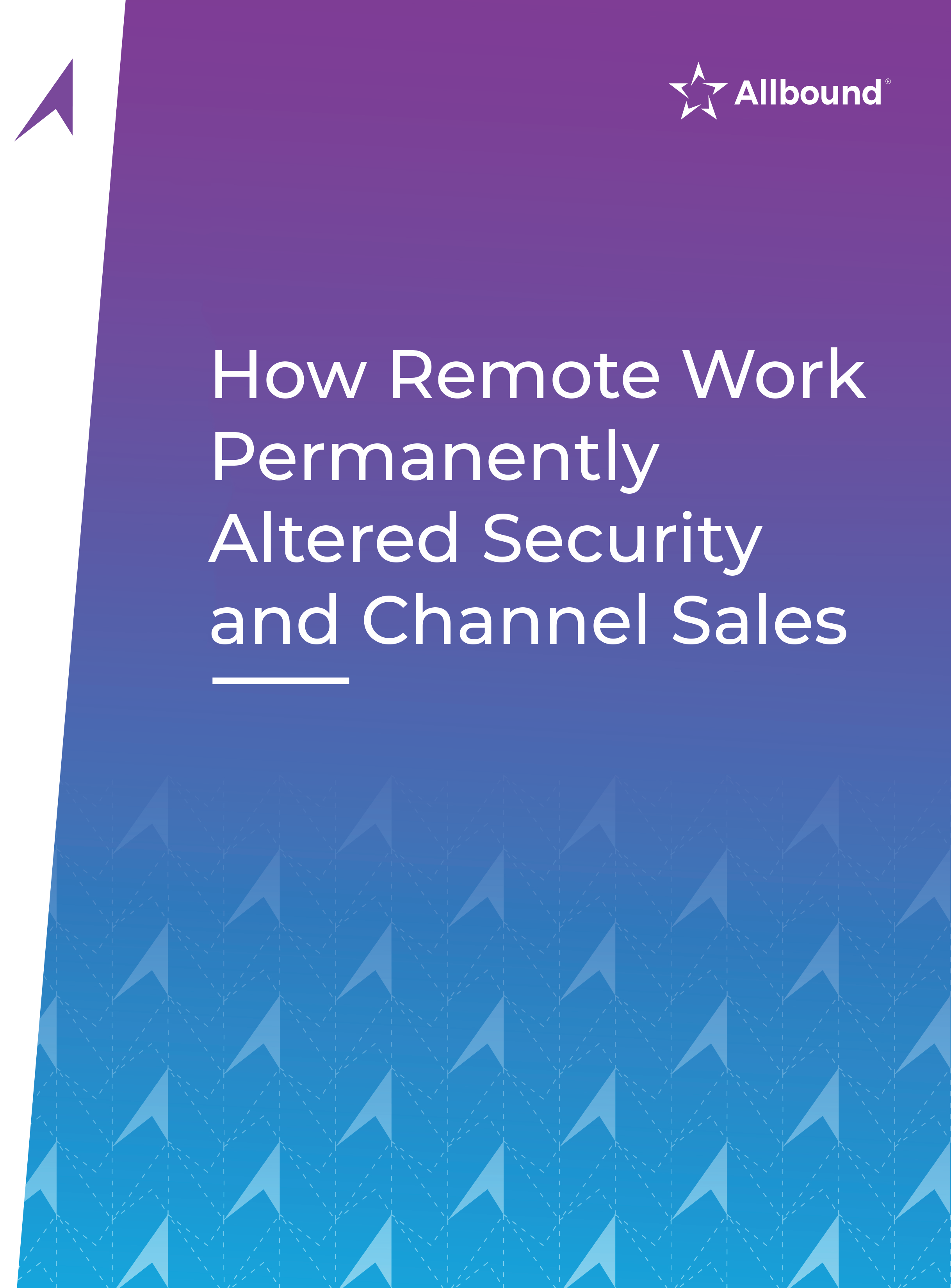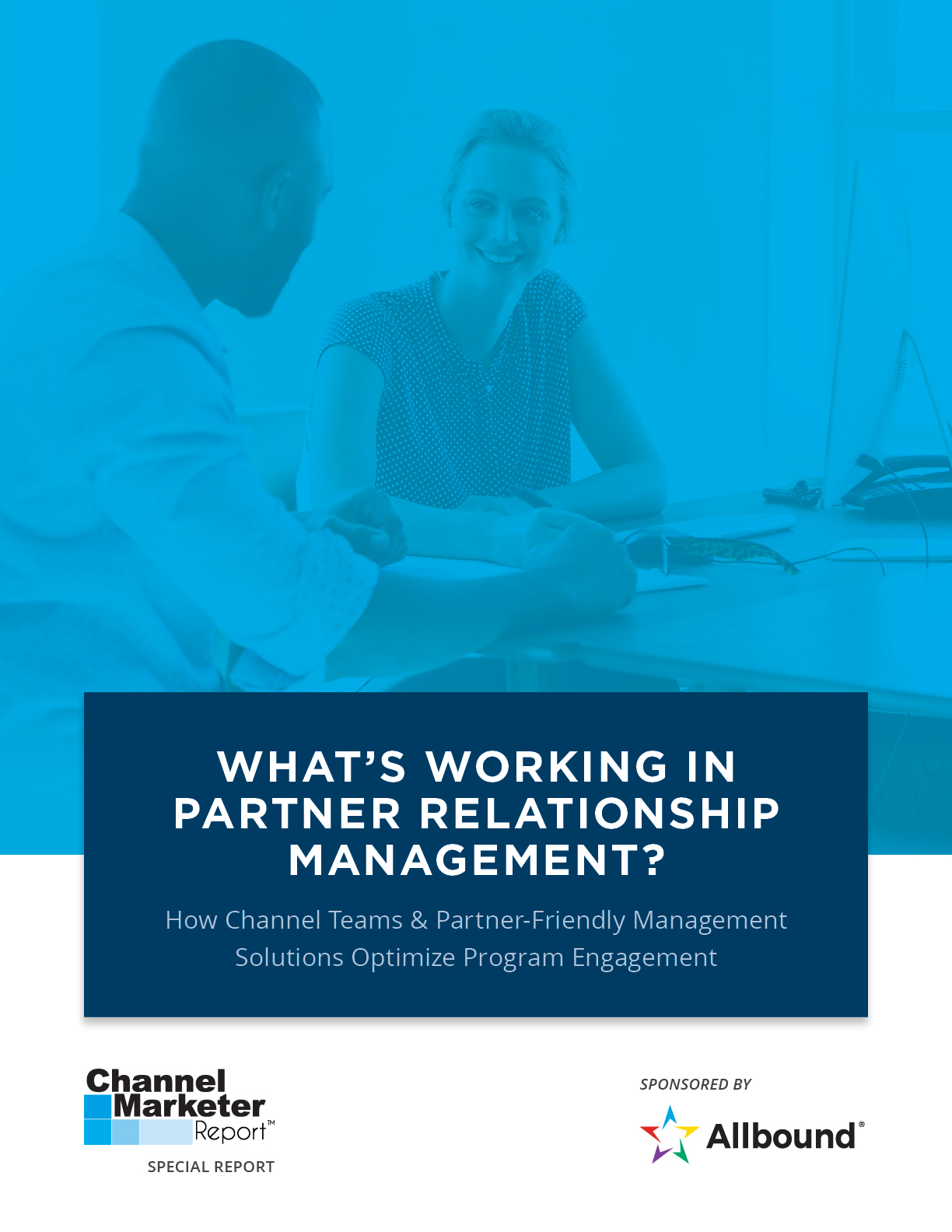Topics
B2BMX Workshop To Offer Insights On Developing Referral Partner Program
Referral partner programs are becoming increasingly popular among B2B brands. In the last year, companies such as Electric, Blaze and Sovos expanded their channel program to include referral partners or enhanced existing initiatives.
At the B2B Marketing Exchange (B2BMX), which will be held at The Phoenician in Scottsdale, AZ, Feb. 27 to March 1, a workshop is being offered to help more companies take advantage of the lead generating capabilities of referral partners.
During the workshop, Andrea Kayal, CRO at Teampay, will share step-by-step instructions on the process of planning, implementing, promoting and maintaining a referral program. Prior to joining Teampay, Kayal implemented a referral program at Electric that delivered leads that converted from meeting to opportunity 60% of the time and then closed at a rate of 35%.
Take-aways from her workshop will include information on:
- Confirming total addressable market to engage with referrers;
- Reviewing requirements for a program-supporting solutions stack;
- Defining processes and program elements that ensure referrer engagement;
- Building cross-team commitment to support program processes;
- Identifying, recruiting and communicating with ideal referrers; and
- Monitoring and optimizing critical processes to drive program success.
Referral initiatives grew in popularity as surveys revealed that partner companies — such as MSPs, systems integrators, VARS, resellers and ISVs — were clearly embracing referral-marketing as an important revenue stream. Of the partner respondents to a 2019 survey by Channelnomics, a business strategy and research firm, 73% said they are actively incorporating referrals as a part of their business.
That data was “extraordinary to us because the presumption going into this research was that partners treat referrals or the opportunity to make a referral as opportunistic—not something that was systemic,” said Larry Walsh, CEO and Chief Analyst at Channelnomics, in an interview following the release of the report. “What we find is that it is not only systemic, but it is incorporated into their business and their profit models.”
The income that partners are generating from referrals “is not an inconsequential volume of revenue that they’re banking against. They are actually budgeting against it,” Walsh continued.
Last year, CMR reported on a number of new or expanded referral partner programs. A new partner program at Blaze Information Security, a penetration testing provider and application security consulting company, includes offers for both transacting and non-transacting partners. Referral partners can introduce Blaze to their customers in exchange for a referral fee. This simple, lightweight engagement is intended to help non-transacting partners increase revenue and add client value without managing the sales and technical process.
Embracing Non-Transactional Partners
Global tax software provider Sovos launched a new channel program that enhances non-transactional partners – referrers and consultants – to generate highly qualified leads.

“There is a key subset in our ecosystem who refer and influence customer decisions but are unable to transact— either because it’s not part of their business model or it conflicts with how they service their customers,” said Jonathan Eisner, Chief Channel Officer and Vice President, Global Partners & Alliances at Sovos. But their “industry knowledge and consulting plus services capabilities, combined with our portfolio and partner program, put them in a unique situation to advise clients leveraging their deep understanding of the regulatory landscape and market needs.”
A year into building a process to help business owners “rake in more coin” by referring potential customers, Electric, an IT services company, formally announced its Referral Partners program last year. Featuring referral payouts, co-marketing opportunities, and extended Electric discounts to referred customers, the program is designed to identify prospects, mostly SMBs, that don’t have the budget to maintain an internal IT team. In the year since Electric spun up the referral program, it was clearly proving itself to be a good idea. Referrals account for 5% of the company’s new logos. And the speed with which deals closed was dramatic. At Electric, referrals are converting from a meeting to opportunity 60% of the time and then close at a rate of 30%. The company reported that by the end of the 2022, referrals could account for as much as 10% of its new customers.










